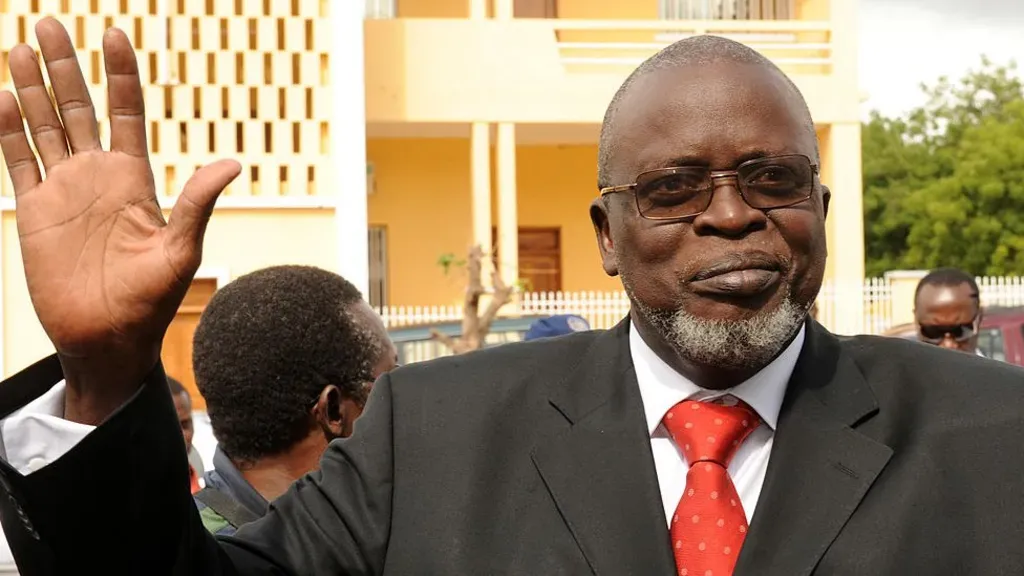In a notable legal development, Malam Bacai Sanha Jr, the son of Guinea-Bissau’s former President Malam Bacai Sanha, has been sentenced to over six years in a U.S. prison for orchestrating an international heroin trafficking operation. The sentencing took place on Tuesday, shedding light on the 52-year-old’s plans to seize control of the West African nation through a coup, financed by the narcotics trade.
Sanha Jr, commonly referred to as “Bacaizinho” in his homeland, has had a tumultuous journey that culminated in his sentencing by a U.S. court. Authorities have highlighted his unique position and intent in the drug trafficking world. “Malam Bacai Sanha Jr wasn’t any ordinary international drug trafficker,” FBI agent Douglas Williams remarked. “He trafficked drugs to fund a coup, aiming to establish a drug regime in Guinea-Bissau.”
His arrest in Tanzania and subsequent extradition to the U.S. in August 2022 followed a failed coup attempt in February 2022, pointing to a deeper plot to overthrow the current government of Guinea-Bissau. The trial began swiftly after his extradition, with Sanha Jr pleading guilty to conspiring to import drugs illegally in September last year.
The scope of his operation was vast, involving the importation of heroin from various countries into Portugal, and from Europe to the United States. This international network aimed to generate substantial funds to support Sanha Jr’s political and potentially violent ambitions to ascend to the presidency of Guinea-Bissau, a position once held by his father from 2009 until his untimely death in 2012.
Sanha Jr’s deep involvement in the country’s political and economic spheres, having served as his father’s economic adviser, and his admission of participation in the 2022 coup attempt that resulted in 11 fatalities, mostly among security personnel, underscores the intricate link between narcotics trafficking and political maneuvering in Guinea-Bissau.
The potential for his deportation after serving his sentence in the U.S. highlights the international dimension of his criminal activities and the collaborative efforts between nations to curb such illicit undertakings. Guinea-Bissau’s reputation as a “narco-state,” a designation it received from the US and the UN over a decade ago due to its role as a significant conduit for cocaine trafficking from Latin America to Europe, casts a long shadow over the case. Experts continue to point out the entrenched influence of drug traffickers within the nation’s political landscape, a reality that Sanha Jr’s case brings into sharp focus.
As the world watches, the implications of this sentencing extend beyond the immediate legal ramifications for Sanha Jr, touching on the broader issues of drug trafficking, political corruption, and the ongoing struggle for stability in Guinea-Bissau.

